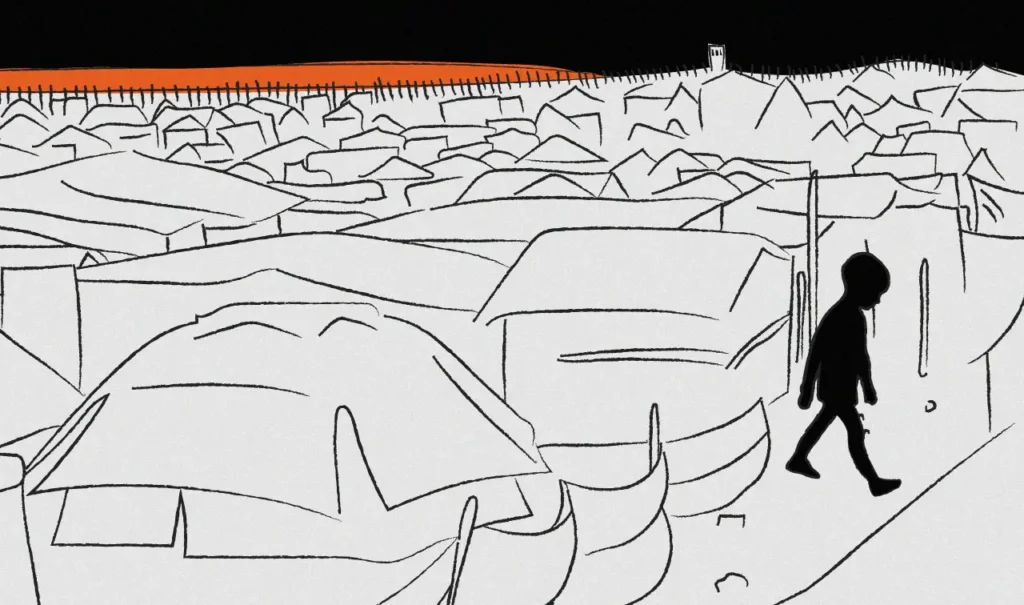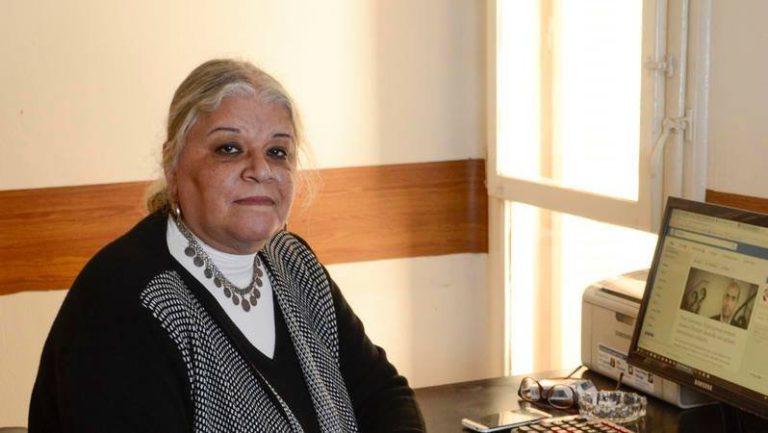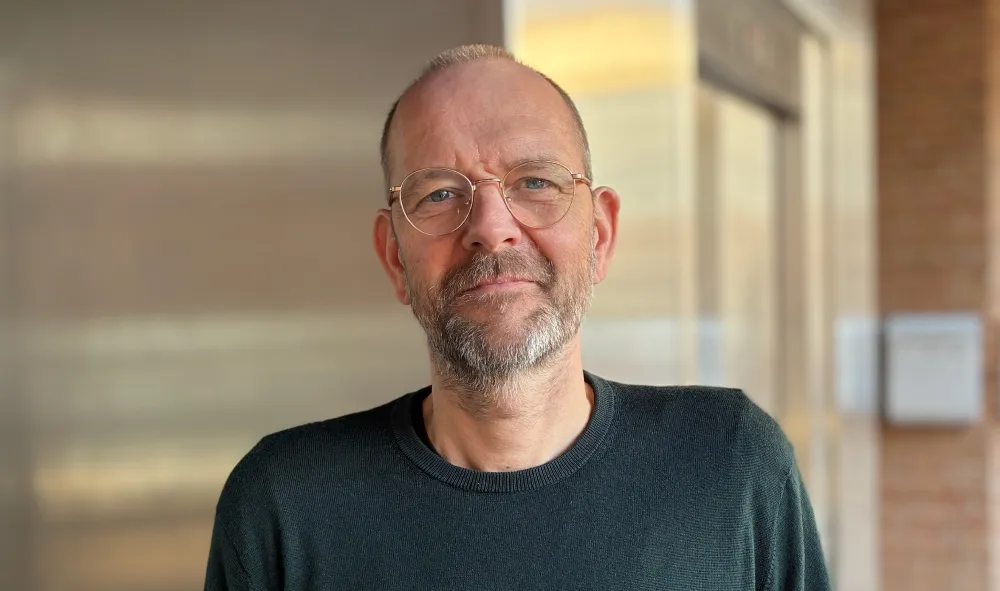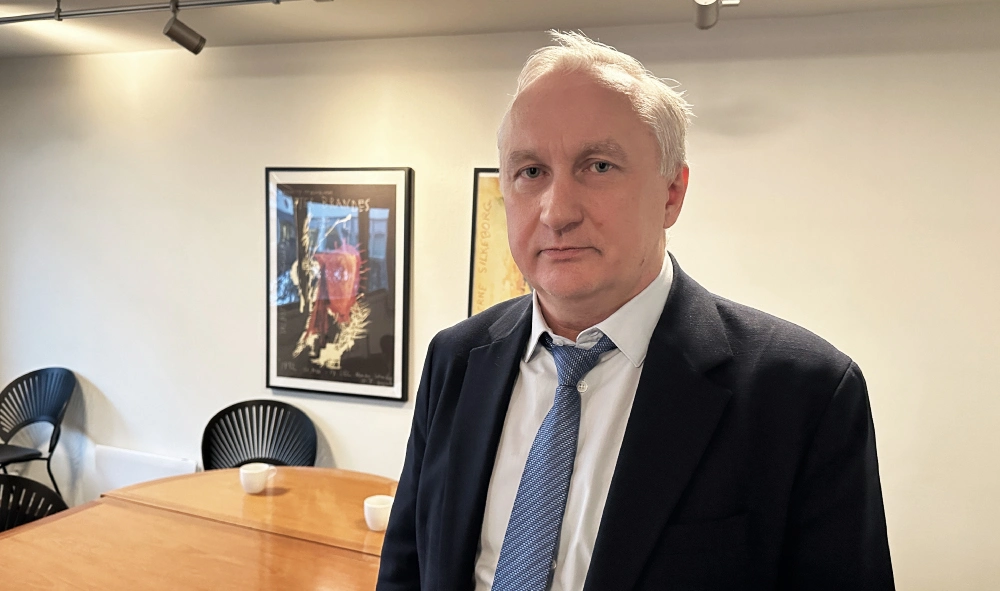For 17 years, the Gaza Strip has been under a blockade by Israel and Egypt, creating one of the world’s most severe mental health crises.
Even before the current war, Gaza was a hotspot for trauma and psychological distress.
DIGNITY psychologist Eoin O’Shea highlights the devastating impact that the siege, and the current war, has been exerting on the mental health of Gazans who live under constant fear and uncertainty – especially children.
»The situation in Gaza is uniquely bad for several reasons and challenging from a mental health perspective. The ongoing and worsening barriers to accessing health services, the situation on the ground with starvation, displacement, diseases, and the war unfolding in Gaza probably make this the worst conflict-related humanitarian catastrophe with which I’ve had any professional contact«, says Eoin O’Shea who has worked as a psychologist for the Irish Red Cross focusing on Syrian refugees and worked with those affected by the violence in Northern Ireland.
The statistics from Gaza prior to October 7 indicate a significant need for psychosocial support. More than 816,000 children were identified in need of mental health and psychosocial support in the Gaza Strip. 70 percent of children experience nightmares, says a report from Save the Children. And in 2020 there was an increase in suicides, especially among young people in the Gaza Strip.
The situation is extreme in Gaza right now. What psychosocial interventions can be implemented in such a critical situation?
»We know that, therapeutically speaking, it’s more difficult – and often not fully successful – when treating PTSD in situations where there are a number of what we call ‘concurrent stressors’. The bombardments, the shooting of civilians, and mass displacement itself – which can be very traumatic – have obviously drastically increased the level of trauma exposure since October 7th«.
»But it is also important to acknowledge that we don’t have to wait until the end of the war to provide psychosocial support to civilians in Gaza. One type of mental health intervention which can, and should, be delivered during a crisis is something referred to as ‘Psychological First Aid’ – or simply, ‘PFA’. In the case of Gaza, training staff and volunteers in PFA involves teaching them some basic skills to approach and engage with others in distress, offering supportive listening and practical assistance to help calm individuals down and provide an initial sense of hope and support«.
Another useful approach comes from WHO, who have developed a group-based training called ‘Self-Help Plus’ (SH+). The written and audio materials used in SH+ can be accessed in several languages, including Arabic. Those who attend the SH+ course – which includes five weekly sessions – are taught skills that can help them to manage stress and maintain their mental wellbeing more effectively. and is WHO’s 5-session stress management course.
»Without a mental health background, after a short period of training—typically 5 days in the case of Self-Help Plus—you can deliver the intervention to groups of up to 30 beneficiaries. So, if you can train a team of, for example, 10 Self-Help Plus facilitators over a 5-day period within a number of weeks, you could have that intervention delivered to around 150 people over the 5-week period of a full course. This could either be used on its own – or as one part of a number of psychological supports. Also be done in Gaza«.
Eoin O’Shea expects the mental health situation in Gaza to remain at a devastating level once the war is over:
»As a psychologist, I have never witnessed anything like what we see happening in Gaza right now. This will further add to inter-generational, collective and historical expressions of trauma for the Palestinian population in Gaza that will last for many years. There is nowhere to flee. No prospect of peace in the future. No basic things available like medicine, food, clean water – all of which affect mental health very much. When that is said there is a urgent need for immediate psychosocial support and the implementation of a comprehensive, long-term mental health reconstruction plan for Gaza, encompassing both physical and psychological rehabilitation in the aftermath of this conflict«.
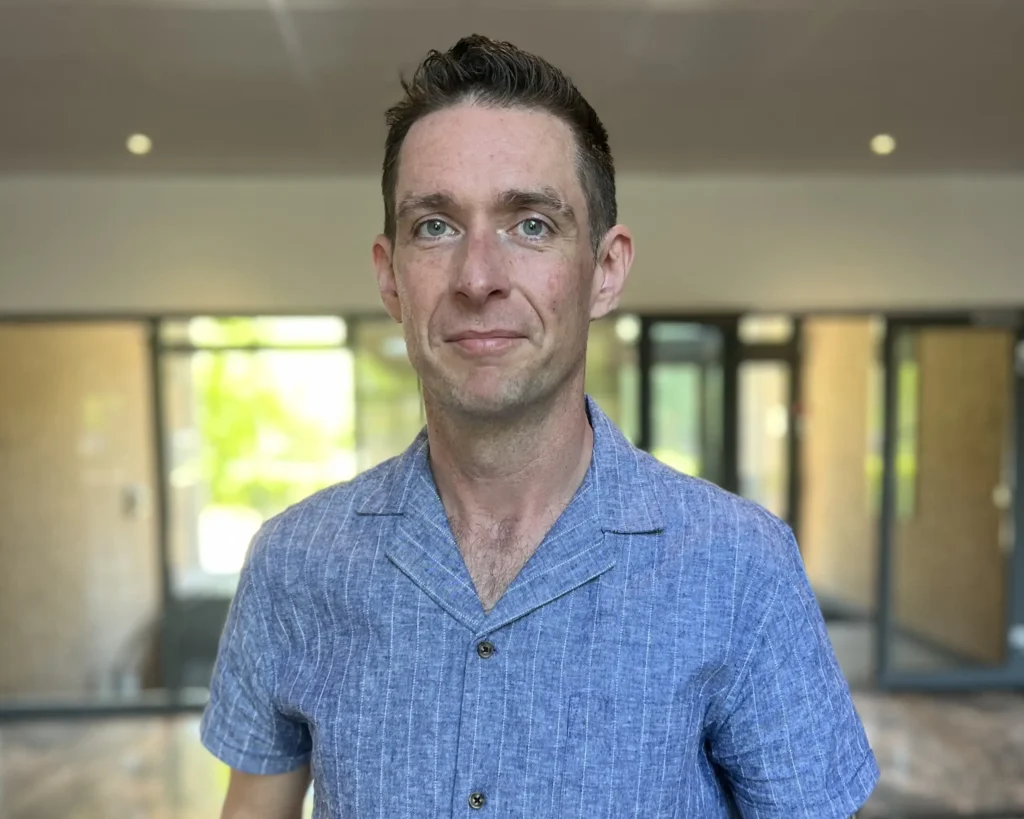
FACT
DIGNITY works with our local NGO partner, ‘Trauma and Recovery Center for Victims of Torture’ (TRC) who deliver their services in the West Bank. DIGNITY provides our valued partner in a number of ways, including training of all TRC clinical staff in the ‘Self Help Plus’ intervention.

